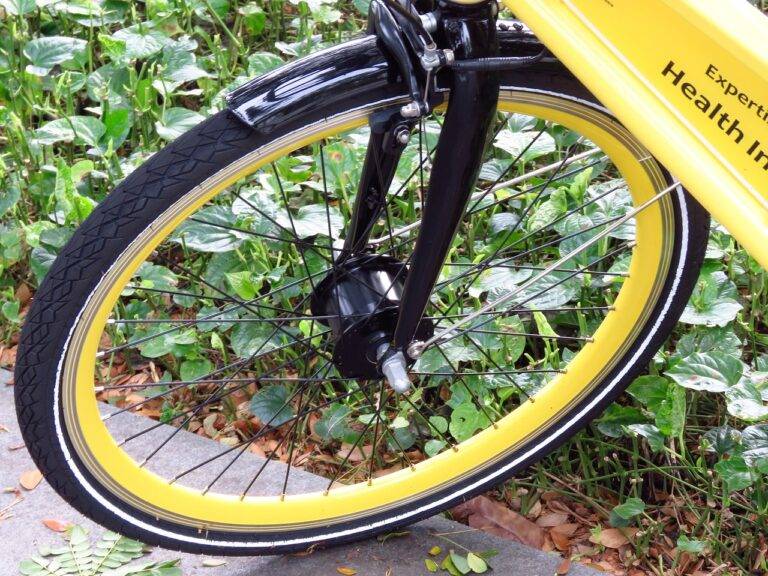The Rise of Digital Detox Retreats: Reconnecting with Nature in a Hyperconnected World
In today’s fast-paced society dominated by screens and notifications, the allure of digital detox retreats is steadily gaining momentum. These retreats offer individuals a rare opportunity to unplug from the constant barrage of technology and immerse themselves in a more serene and natural environment. With the pressures of constantly being connected and the fear of missing out on the latest updates, many are seeking refuge in these retreats to reclaim their sense of balance and connection with the world around them.
The rising popularity of digital detox retreats can also be attributed to the growing awareness of the negative impacts of excessive screen time on our mental and physical well-being. From increased levels of stress and anxiety to disrupted sleep patterns and decreased productivity, the effects of technology overload are undeniable. As people become more cognizant of these detrimental effects, they are turning to digital detox retreats as a way to reset and realign their priorities away from the screen-dominated reality.
The Impact of Technology on Our Mental and Physical Well-being
The constant presence of technology in our lives has had a significant impact on both our mental and physical well-being. With the rise of smartphones, social media, and round-the-clock connectivity, many individuals find themselves struggling to disconnect and find moments of peace and solitude. This perpetual state of being “plugged in” can lead to increased stress, anxiety, and fatigue, affecting our mental health in profound ways.
Moreover, the sedentary nature of using technology for prolonged periods can take a toll on our physical health. Sitting for hours in front of screens can contribute to issues such as poor posture, eye strain, and musculoskeletal problems. The lack of movement and outdoor activity that often accompanies excessive technology use can also lead to a decline in physical fitness, exacerbating the negative impact on our overall well-being.
Benefits of Disconnecting from Technology and Reconnecting with Nature
Disconnecting from technology and immersing oneself in nature can have profound benefits for both mental and physical well-being. When we step away from the constant barrage of notifications and screens, we allow ourselves the opportunity to truly unwind and reset. Being surrounded by the beauty and serenity of nature can help reduce stress, anxiety, and even improve mood by promoting a sense of calm and relaxation.
Moreover, disconnecting from technology opens up space for meaningful connections with our surroundings and loved ones. In a world where digital communication often replaces face-to-face interactions, spending time in nature allows us to engage in more authentic and present relationships. Whether it’s going for a hike with friends or simply spending quiet moments by a lake, these experiences can foster deeper connections and a greater appreciation for the world around us.
What are digital detox retreats?
Digital detox retreats are retreats or programs that encourage participants to disconnect from technology and spend time in nature to rejuvenate their mental and physical well-being.
Why are digital detox retreats becoming increasingly popular?
Digital detox retreats are becoming popular as more people are recognizing the negative impact of technology on their mental health and seeking ways to disconnect and find balance in their lives.
How does technology impact our mental and physical well-being?
Technology can contribute to anxiety, stress, and sleep disturbances, as well as physical issues like eye strain and poor posture from prolonged screen use.
What are the benefits of disconnecting from technology and reconnecting with nature?
Some benefits include reduced stress levels, improved mood, increased creativity, better sleep, and a greater sense of connection to the natural world.
How can one start disconnecting from technology and reconnecting with nature in their daily life?
One can start by setting boundaries around technology use, spending more time outdoors, practicing mindfulness in nature, and engaging in activities like hiking, gardening, or simply taking a walk in a park.







